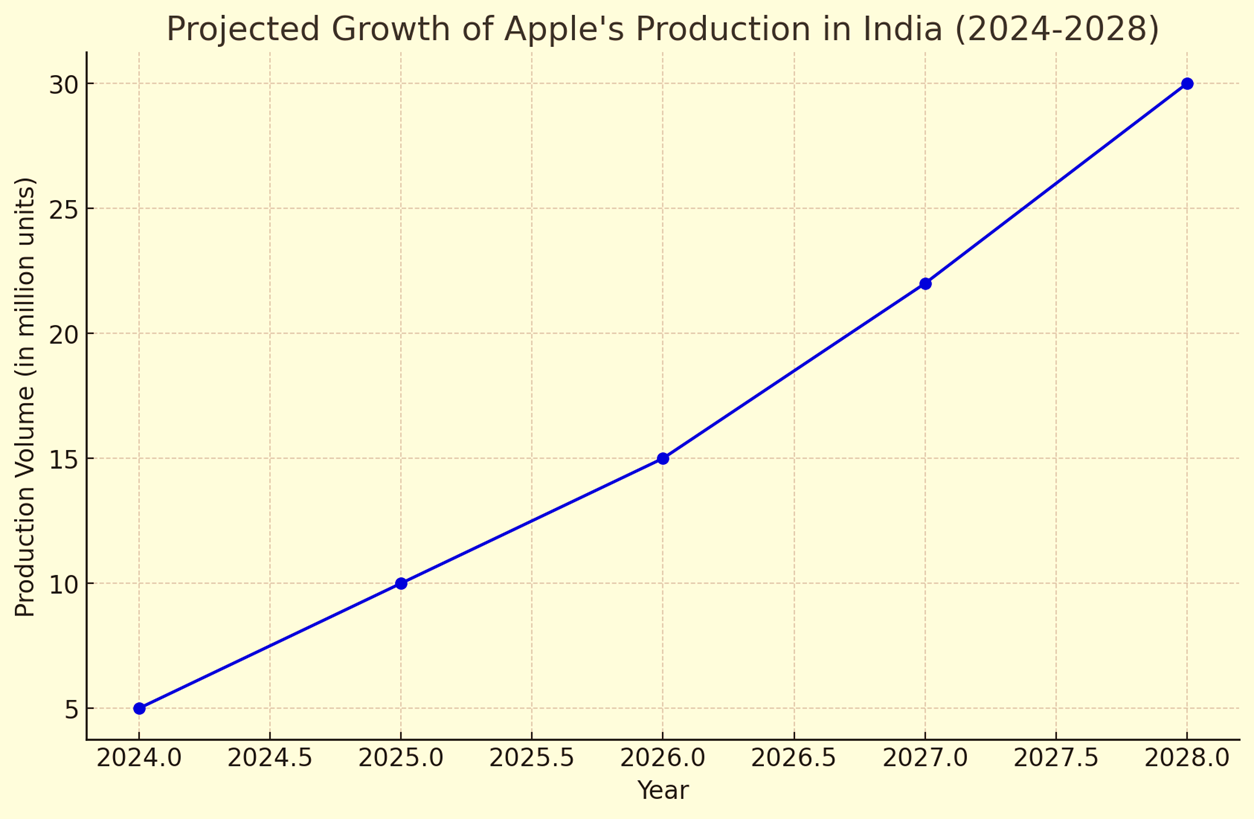Introduction
Apple is making significant strides in expanding its presence in India. The company is in talks to establish new partnerships with several prominent firms, including Flextronics, Jabil, Foxconn, and Tata, to bolster its supply chain and enhance its production capabilities in the country. This move aligns with Apple’s strategy to diversify its manufacturing locations and reduce dependence on a single region.
Overview of Apple’s Current Manufacturing Strategy
- Current Production Hubs: Apple currently has three main vendors operating in India: Foxconn, Wistron, and Pegatron.
- New Partnerships: The company is exploring new agreements with Indian companies, particularly Tata, to further localize production.
Key Objectives of Apple’s New Partnerships
- Increased Local Production: Apple aims to enhance its local production of components such as displays and camera modules by partnering with these firms.
- Supply Chain Diversification: By entering into these new agreements, Apple plans to diversify its supply chain network, reducing risks associated with geopolitical tensions and dependencies.
- Market Growth: Apple’s expansion is expected to increase its market share in India and enhance its presence in the Asia-Pacific region.
Potential New Partners for Apple in India

Projected Growth of Apple’s Production in India
Let’s visualize Apple’s projected growth in India over the next five years.

Here’s the graph showing the projected growth of Apple’s production in India from 2024 to 2028. The data indicates a steady increase in production volume, reflecting Apple’s expansion strategy and new partnerships with local firms.
Key Observations:
- 2024 to 2025: Apple is expected to double its production volume from 5 million to 10 million units.
- 2025 to 2026: Continued growth, with production increasing to 15 million units.
- 2026 to 2027: A notable jump to 22 million units, reflecting the impact of new partnerships and expanded capacity.
- 2027 to 2028: Apple’s production volume reaches 30 million units, showcasing a robust growth trajectory over five years.
This growth illustrates Apple’s commitment to enhancing its manufacturing capabilities in India, driven by the objective of market expansion and supply chain diversification.
Analysis of the Strategic Move
- Diversification Benefits: Apple’s decision to partner with a diverse group of companies allows it to mitigate risks and manage supply chain disruptions more effectively.
- Boost to Local Economy: These partnerships are expected to create thousands of jobs and contribute to India’s economic growth.
- Competitive Advantage: By establishing a stronger local presence, Apple can better compete with other tech giants who have already set up manufacturing bases in India.
Apple’s strategic move to expand its manufacturing capabilities in India demonstrates its commitment to growth in the region. By partnering with leading firms like Flextronics, Jabil, Foxconn, and Tata, Apple aims to enhance its production efficiency, reduce costs, and increase its market share in one of the world’s fastest-growing markets.






